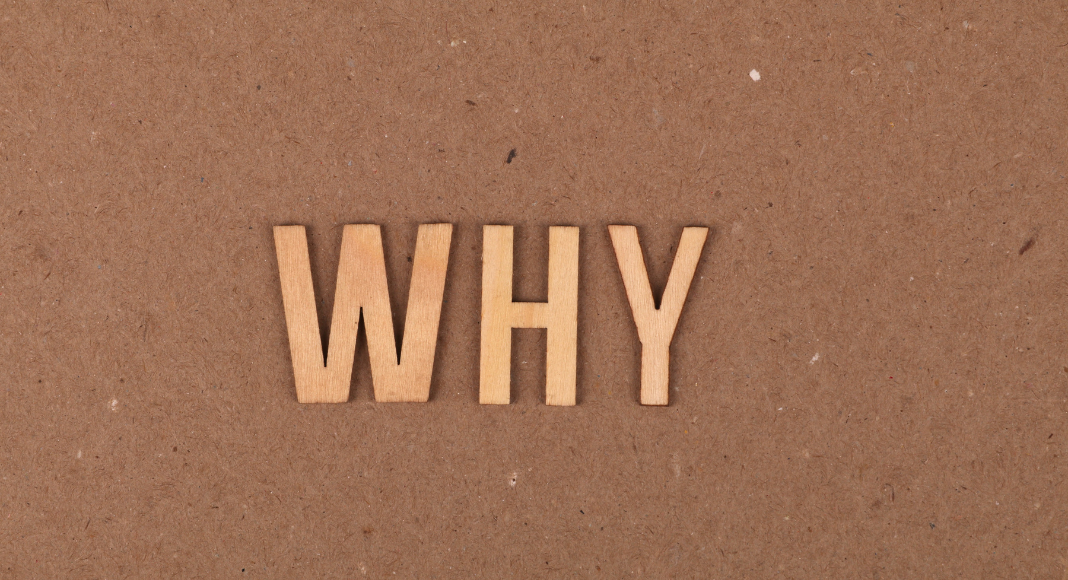The short grocery checkout line felt painfully long.
I was two customers deep in the queue, impatiently waiting to unload my groceries onto the stalled conveyor belt. What is taking so long?
Then I spotted the cashier. The one who often gave my kids stickers when we slogged through the store. The one who – you could just tell – was always smiling behind his mask.
And the one who chatted boisterously and extensively with every customer who walked through his line.
Each minute that ticked by was chipping away at my patience. Doesn’t he see us waiting?

When I finally reached him, he greeted me with a booming hello, introducing himself and the bagger by name. In a mustering-up of kindness to match his greeting, I told him I liked his energy.
“You just seem to enjoy your work,” I added.
“You know, three years ago, I had a lung transplant. Every day since then, I choose to wake up in a good mood.”
And there it was: a chance for me to switch from judgment to empathy, from blind impatience to clear perspective.
I am ashamed to admit that grace is not always my first instinct. I am an empath by nature, but my daily agenda and timetable have a tendency to get in the way of giving grace and withholding judgment on the anonymous folks around me.
Encounters like the one in the grocery store grow my empathy muscle a little more each time. But parenting has been the ultimate teacher in all things grace and understanding.
We have a fun-loving, sweet, rule-following kid whose big emotions lead to regular meltdowns – his and mine. I’ve combed the internet for advice on how to help and cope. Child psychologist Claire Lerner described behavior this way:
All behavior has meaning. Once we stop judging behavior and instead do more observing and wondering, asking ourselves: “Why would my child act this way? What need is it meeting? What purpose is it serving? What is he/she trying to cope with?”, it leads us down a path to understanding what makes our children tick and what they need to best cope and thrive.
We’ve tried giving consequences, which only minimally curb repeat offenses. We wanted to help him and we needed a new approach: to focus on “why” the behavior instead of “what” behavior. A shift to empathy for his feelings instead of judgment for his actions.
Perhaps it’s an unmet need, maybe control or autonomy. Maybe there is a lagging skill of inflexibility or transitions.
We’re still figuring it out, but we find a sense of progress and peace in giving space for the “why.”
The examples above – a 70-year-old cashier and a 5-year-old child – are clearly different. But their “whys,” big or small, are important to them. We all have our reasons for why we behave a certain way or how we interact with others.
Why we hurry or why we take our time. Why we are impatient and why we are flexible. We have joys, trials and life stories that inform our behaviors.
With this knowledge in our back pocket, perhaps we can give grace to the big and little humans around us. Regardless of whether we know someone’s “why,” we can give them the benefit of the doubt that they have one “why” or many, just like ourselves.













Well said, Jennifer!